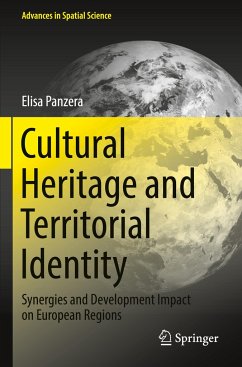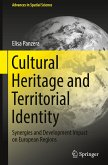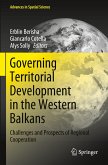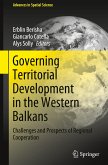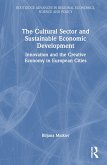This book explores and substantiates the role of cultural heritage as an engine for local socio-economic development. Starting from the assumption that cultural heritage represents a valuable, unique and irreplaceable resource for European regions, it identifies and quantitatively analyzes tourism and territorial identity as two different channels through which cultural heritage can influence local socio-economic development.
The book highlights the fact that cultural heritage not only has a positive influence on local cultures, societies and environments, but also plays a role in the process of local economic growth. Providing comprehensive empirical evidence that explains and discusses whether and how the endowment of cultural heritage benefits local socio-economic growth, it will appeal to scholars and students of cultural economics and regional science, and anyone interested in sustainable socio-economic development.
The book highlights the fact that cultural heritage not only has a positive influence on local cultures, societies and environments, but also plays a role in the process of local economic growth. Providing comprehensive empirical evidence that explains and discusses whether and how the endowment of cultural heritage benefits local socio-economic growth, it will appeal to scholars and students of cultural economics and regional science, and anyone interested in sustainable socio-economic development.

